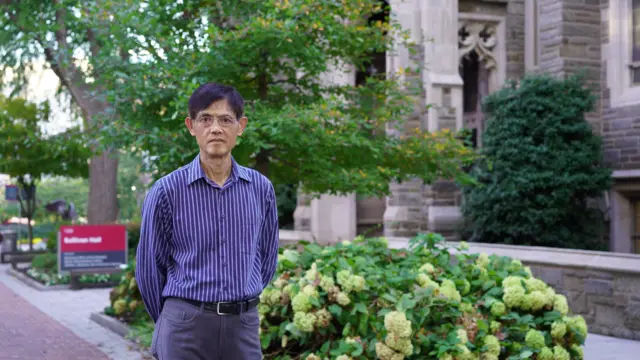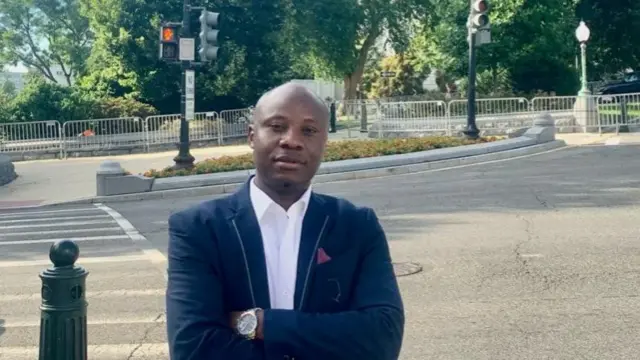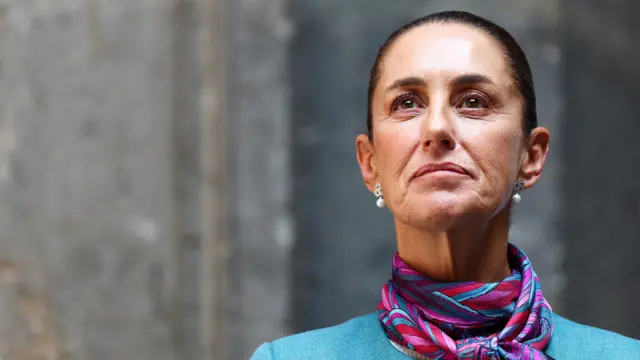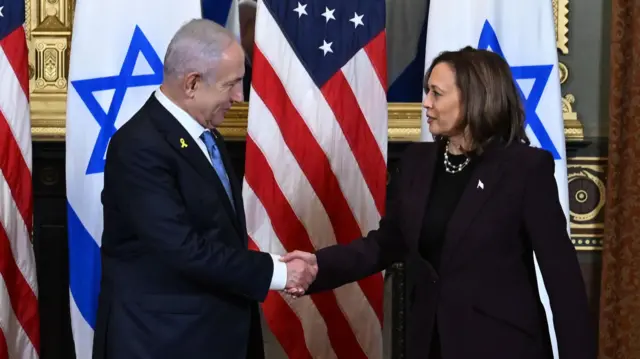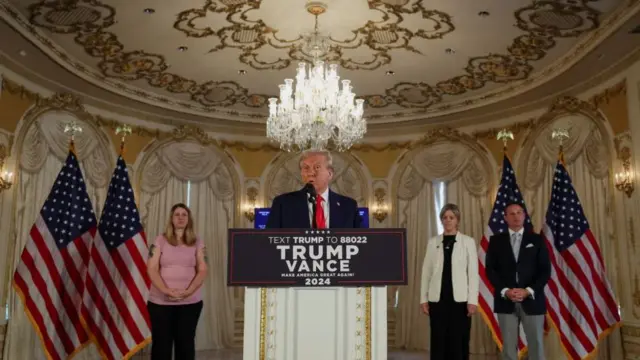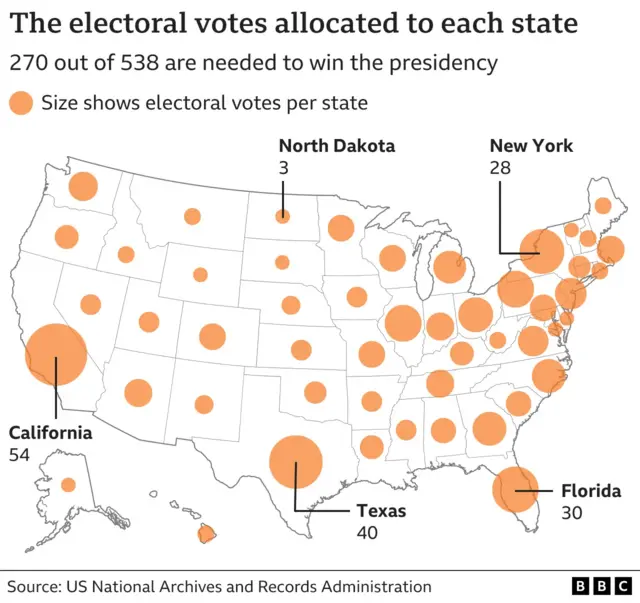Canada looks towards preserving US trade relationship, no matter election winnerpublished at 21:02 GMT 29 October 2024
 Jessica Murphy
Jessica Murphy
BBC News, Toronto
In January, well ahead of the US election, Prime Minister Justin Trudeau launched Team Canada 2.0 - a soft power strategy to remind American lawmakers of the critical role the country plays in the US economy.
You may never have heard of the Team Canada approach - unless you’re a state politician or Washington DC lawmaker with a stake in cross-border trade. Then Ottawa hopes you may even be a little sick of Canadian trade envoys knocking at your door telling you that US-Canada goods and services trade is worth more than $908bn annually.
It’s a sign of how seriously Canada is taking the US election when the cross-border relationship is vital to its prosperity and security.
Trudeau’s government was able to navigate the renegotiations under Donald Trump of the North American Free Trade Agreement, now called the USMCA, in part due to the first Team Canada initiative, despite a tense Trudeau-Trump relationship.
Now there is fresh concern over the Republican candidates promise to bring in 10% tariffs - a potential disaster to trade. If Trump wins, Canada is also expected to face significant pressure to ramp up its Nato spending.
Kamala Harris has been less specific about her trade policies, though she is widely expected to maintain the current relationship.
While Trudeau’s Liberals - and many Canadians - are more politically aligned with the US Democrats, they have said they will be ready for whatever happens after 5 November.


